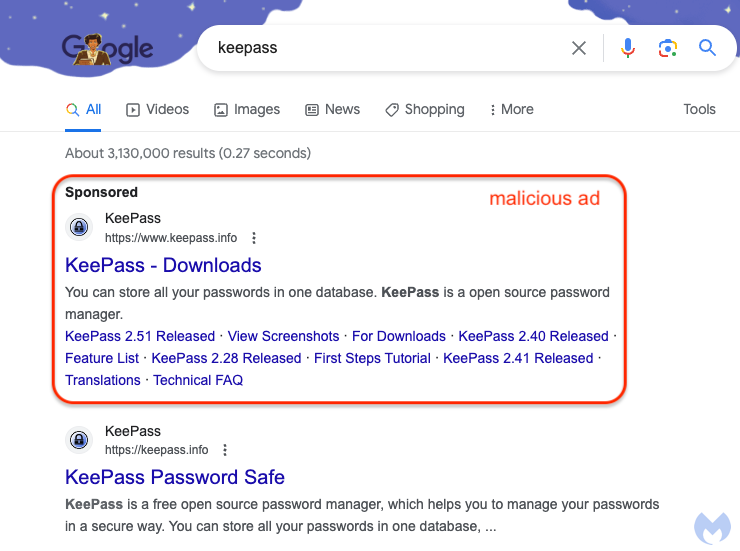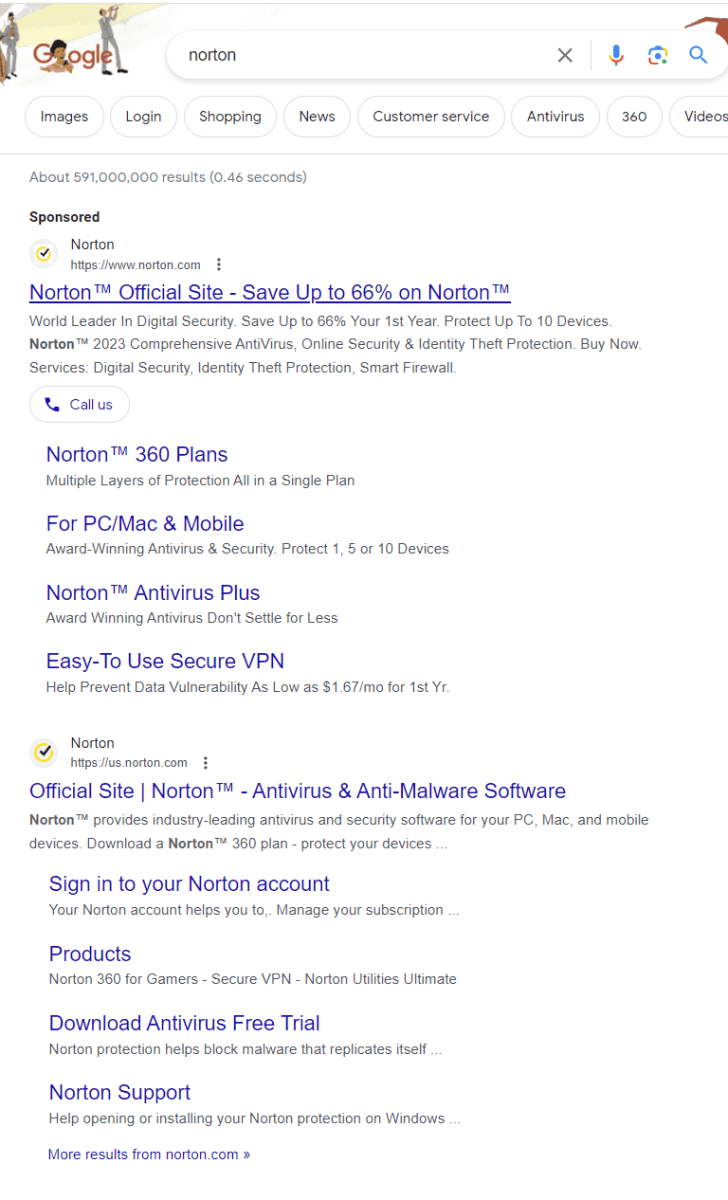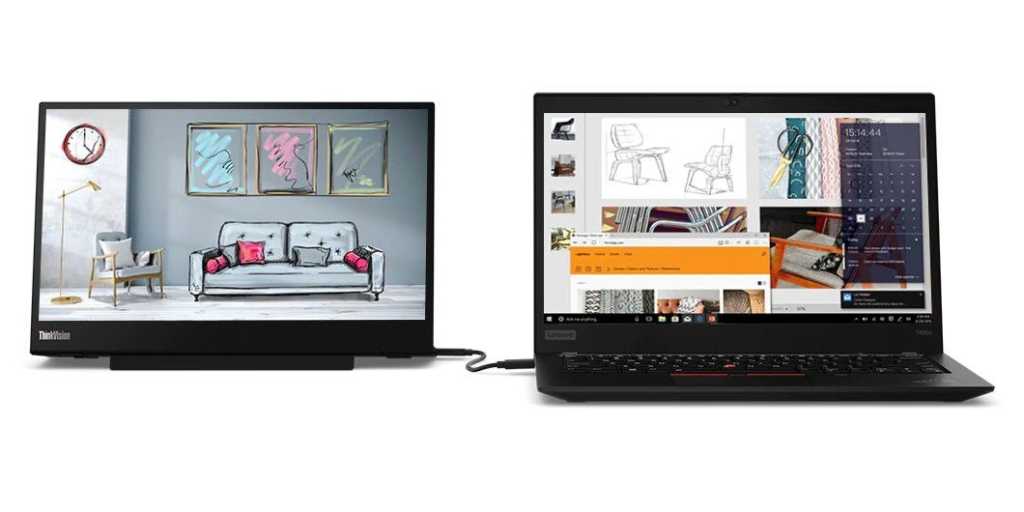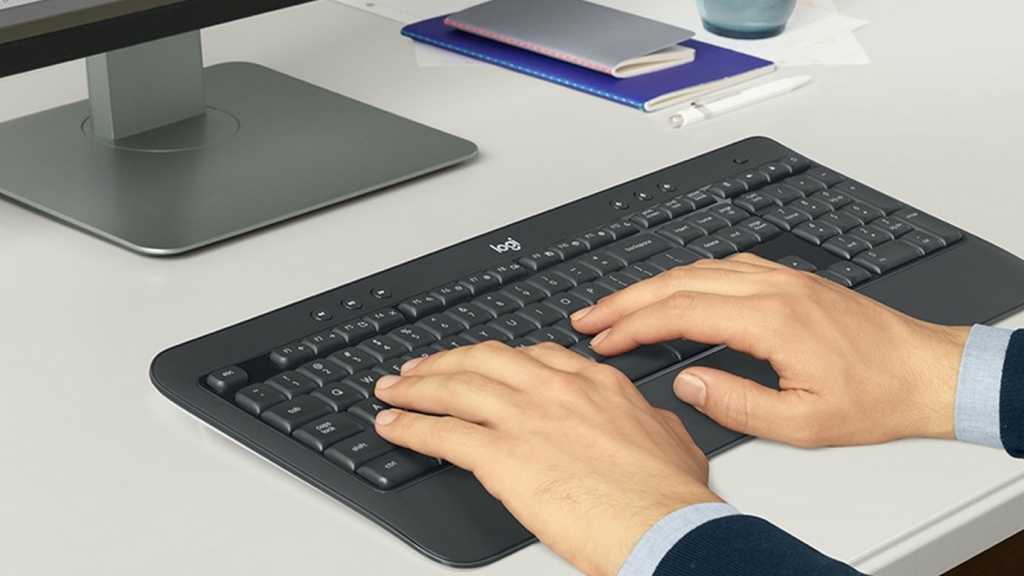Clicking on a Google ad for software can be risky. Landing on a legitimate site simply feeds the algorithm. However, clicking a malicious ad could expose your computer to malware, especially if you download software from the deceptive site. This isn’t a new problem, with previous targets including AMD Radeon and Bitwarden users. Now, Malwarebytes highlights a concerning trend: using Unicode characters in Google ads to create fake website addresses that look deceptively real.
This tactic, known as a “homograph attack,” isn’t new, but its increasing use in Google ads is alarming. Malwarebytes recently discovered this approach in a sponsored ad for KeePass, a popular free password manager often used by tech-savvy individuals. Despite their technical expertise, the ad’s URL was so convincingly disguised that it could easily fool even the most vigilant users.
 Figure 1: A fake Google ad for KeePass using a homograph attack.
Figure 1: A fake Google ad for KeePass using a homograph attack.
A hurried click on such a link can lead to a counterfeit website mirroring the legitimate one, except for the malware-laden software download. The only clue is the address bar, which might subtly substitute a Unicode character like “ķ” for the letter “k” – a difference easily missed.
For a detailed technical explanation of this malvertising technique, refer to Bleeping Computer’s analysis. The key takeaway remains: avoid clicking Google ads for software downloads. While easier said than done with sponsored results appearing at the top, these tips can help:
Protecting Yourself from Malicious Ads
- Scroll Down: Legitimate companies often appear organically within the top five search results. Use these links instead of the sponsored ads.
- Check for Ad Labels: Google clearly labels sponsored results. Be mindful of these labels.
- Slow Down: Take a moment to scrutinize search results before clicking.
- Hover Over Links: If you can’t see the full URL, hover your mouse over the link; it will appear at the bottom left of your browser tab.
- Use Security Software: Antivirus and anti-malware software can block access to fraudulent sites.
 Figure 2: Choose organic search results over sponsored ads.
Figure 2: Choose organic search results over sponsored ads.
A more aggressive approach is using an ad-blocking browser extension like uBlock Origin. Unfortunately, threats to your PC are constantly evolving, and even switching search engines to Microsoft Bing doesn’t eliminate the risk entirely. The best defense is vigilance, maintaining a healthy skepticism towards links, and reporting suspicious ads whenever encountered.











